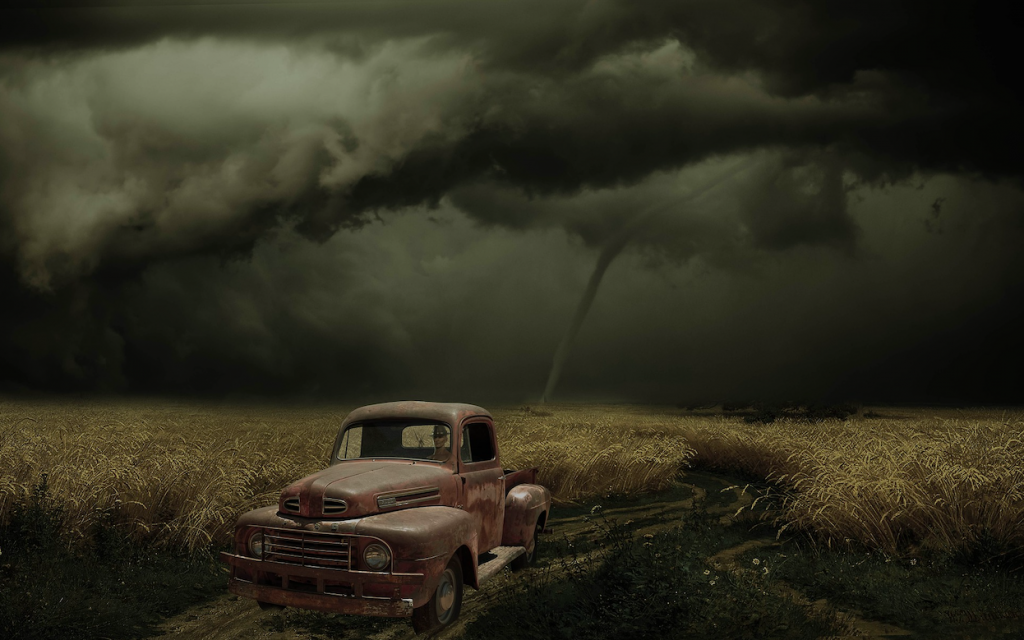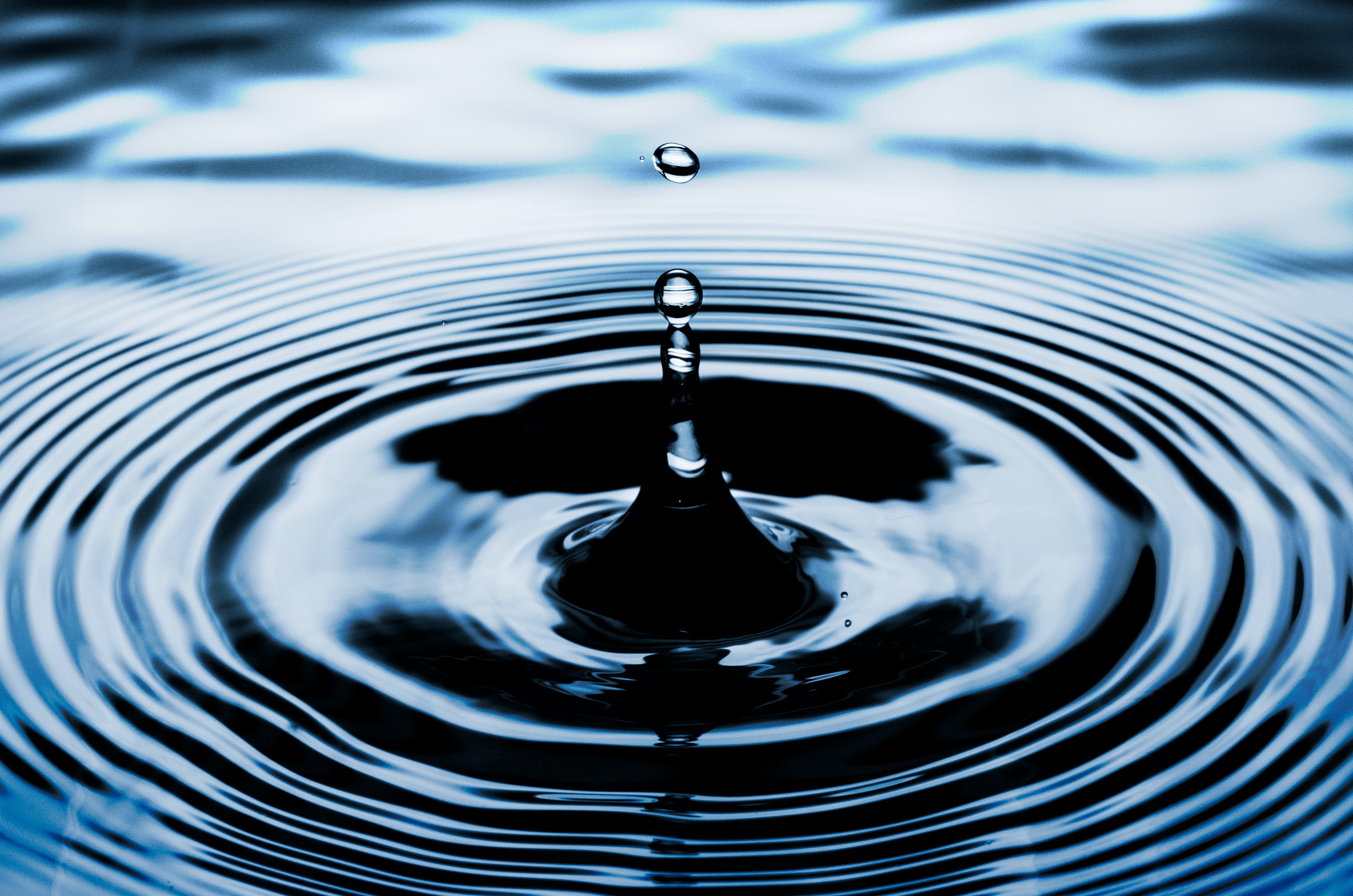In Finland, we consume on average almost four times the amount that is environmentally sustainable. Calls for changing our consumption patterns in response to the climate crisis, biodiversity loss, and other environmental problems have for years resulted in only little change. The current global pandemic appears to have succeeded where threats of environmental crises have so far failed.

Our consumption patterns have changed drastically almost overnight and are currently quite radically different than just a few short weeks ago. Our consumption spendings have decreased by a quarter, flights in Europe have decreased by 85%, and the demand for oil is plummeting as mobility decreases. These changes are already having positive environmental impacts, showing in reduced pollution and expected to reduce global CO2 emissions.
The current consumption changes are of course likely to be only temporary, as most of us are eagerly awaiting to get back to normal. Unfortunately, the climate crisis is here to stay and requires a more permanent change to our consumption patterns. In our efforts to mitigate climate change and other environmental problems, can we learn something from the current crisis?
If the current crisis has taught us one thing, it is that waiting until we are in the middle of a crisis to make changes is not a good strategy. The drastic reductions in consumption that we are seeing at the moment are neither socially nor economically sustainable. Many are losing their jobs, companies are struggling to stay afloat, and the national debt is expected to skyrocket. Since our economies and societies are built around high levels of consumption, sudden disruptions to this trajectory are disastrous.
Changes to our consumption patterns require accompanying changes to how our societies are structured. It requires rethinking and restructuring of the economic system. The current pandemic has shown us that, in the face of crisis, political decisions that dramatically change our everyday lives can happen very quickly when needed. But it would be in all of our best interests not to wait for environmental problems to keep worsening and instead make efforts to tackle them before we are in the midst of the crisis. Acting before the storm hits.
Maria Sandberg
Doctoral Student
Photo: Willgard Krause, Pixabay
